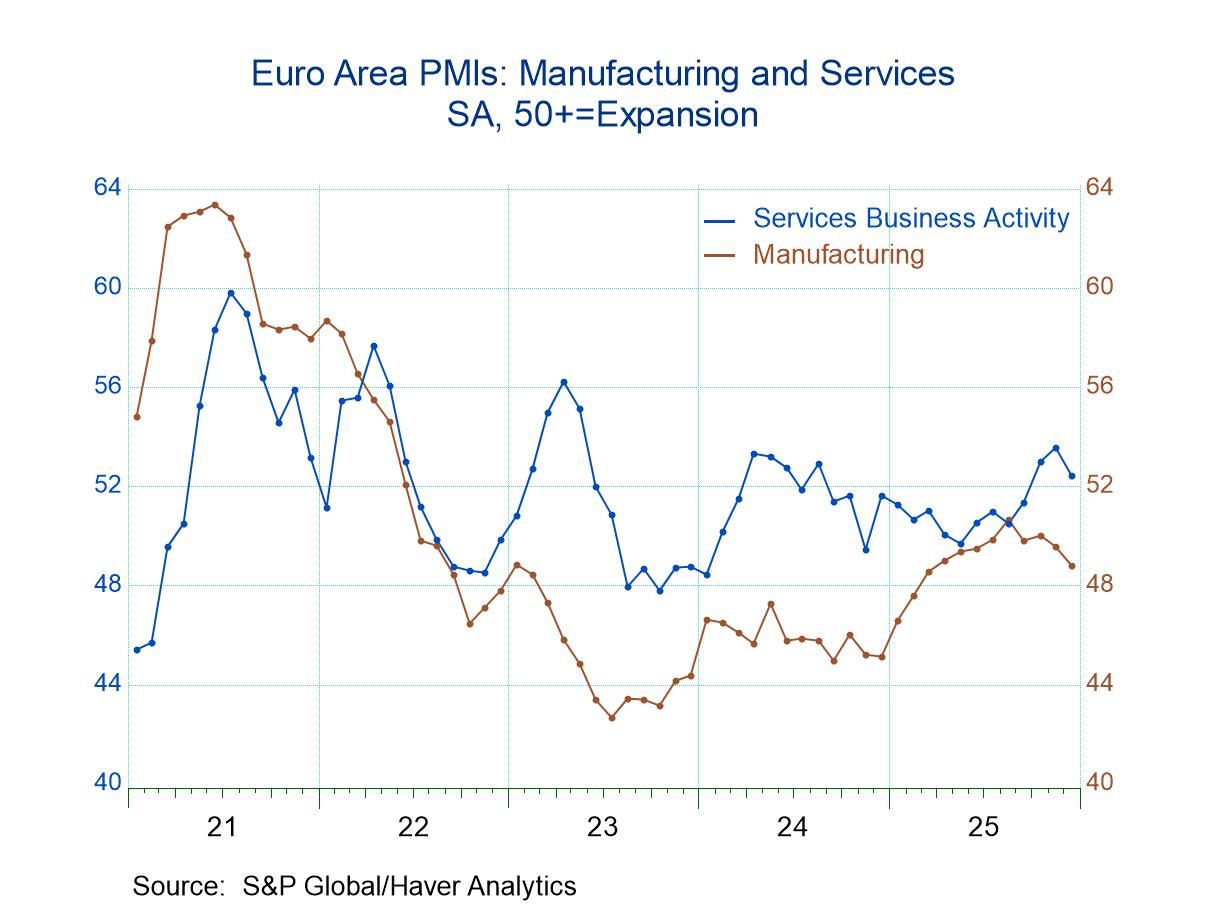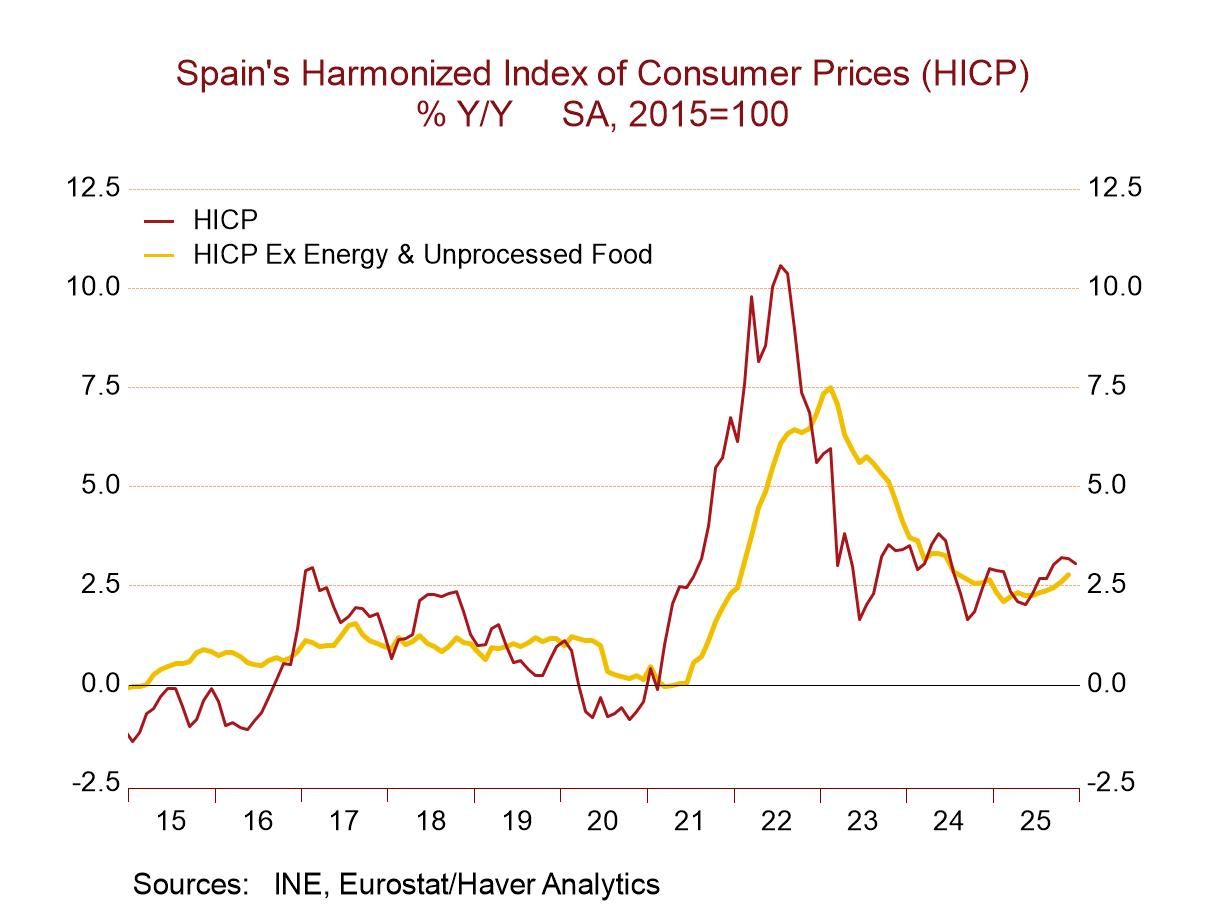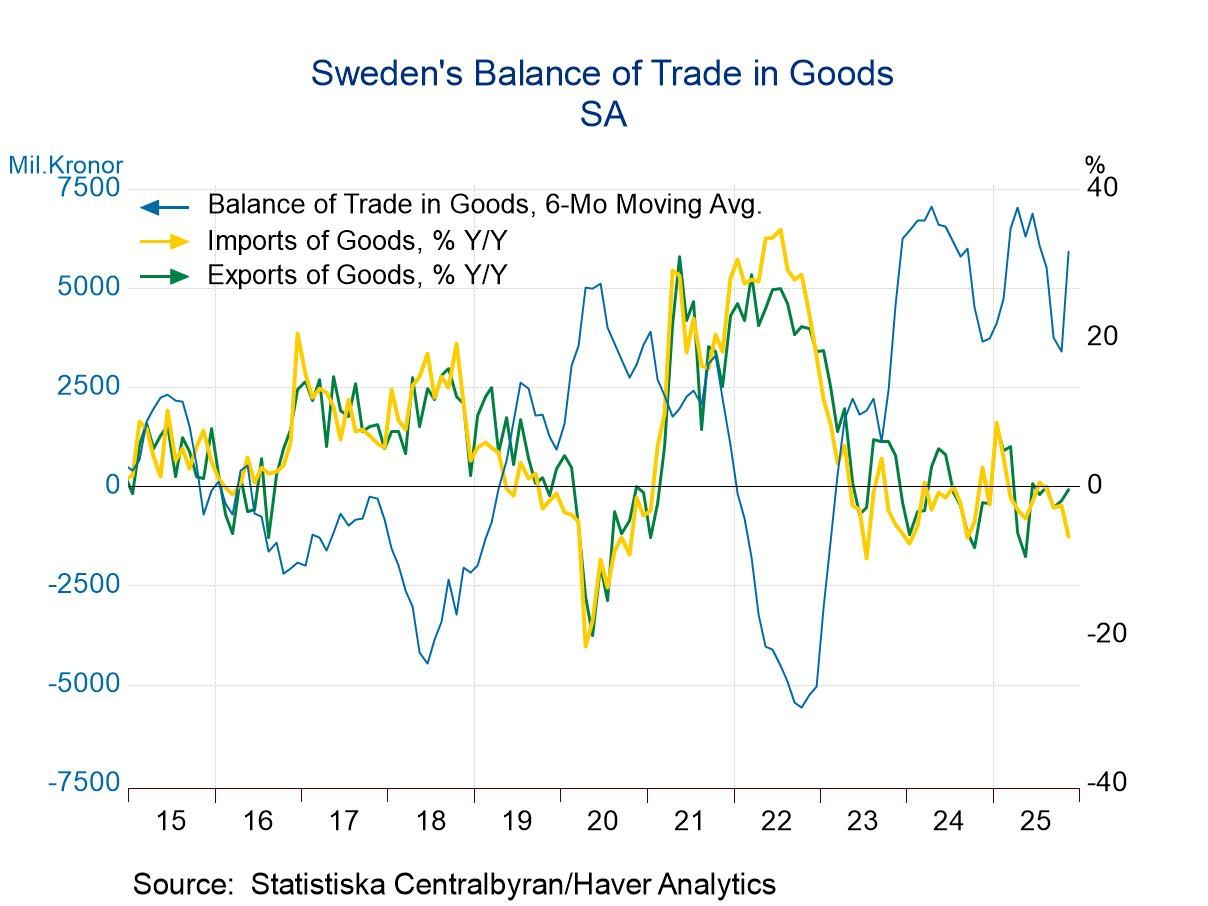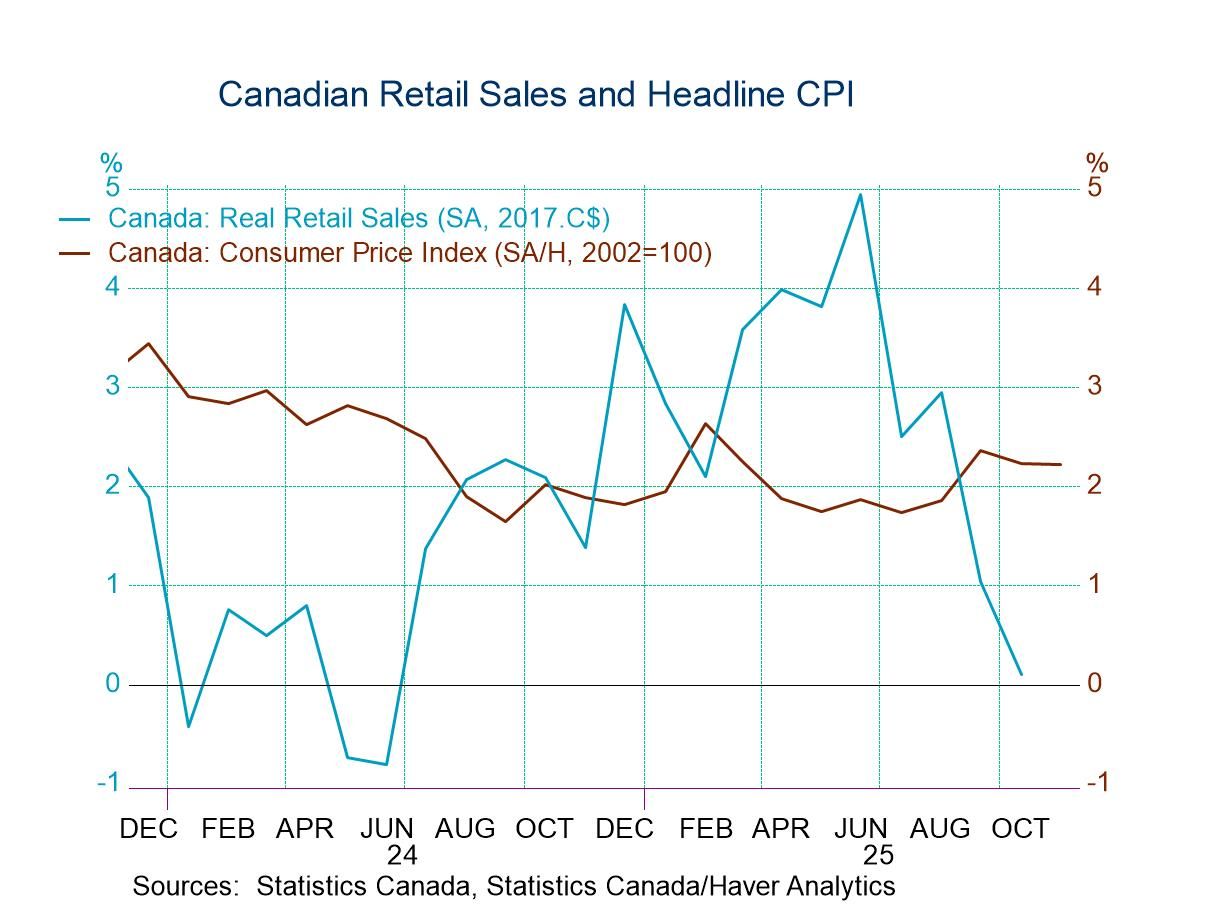The European Monetary Union has concluded a year of weak-to-moderate growth with inflation largely toeing the line. As always, the inflation picture is more complicated than a simple statement. When we look at inflation, we look at the headline, we look at the core, to make sure that the volatile food & energy elements aren't dominating the index, and then we look across some of the main participants to see if the trend for inflation is shared broadly across the largest countries in the Monetary Union. When we apply those kinds of standards, the grading for the year is reduced. However, based on the headline alone, it was an excellent year for the ECB.
Headline Inflation in 2025 Headline inflation in 2025 rose by 2%, exactly on the target of the European Central Bank. It rose over six months at a 2% annual rate and then concluded the year over the last three months, rising at a 1.6% annual rate with some margin below the target set by the central bank itself.
Country Headline Inflation Trends On a country basis, the performance is not nearly as good. While year-on-year results look pretty good, with Germany at 2%, France at 0.7% and Italy at 1.3%, Spain comes in at 3.1%. So the three largest monetary union economies come in at or below 2% with Spain as a rogue observation. When we look further at the sequence of inflation within the year, we see Germany at 2% over 12 months, rising to 3.1% over 6 months, rising further to 4% over 3 months. Inflation is accelerating at the end of the year even as Germany hits the target! This is something to keep an eye on. For France, the inflation rate also accelerates slightly but stays below the bar of 2% over three months, six months, and 12 months. For Italy, inflation is decelerating from 1.3% over 12 months to -0.3% over six months, and then inflation in Italy is contracting at a 1.9% annual rate over three months. Spanish inflation shows clear trouble with a 3.1% 12-month pace, rising to 4.6% at an annual rate over six months, and rising further to 5.9% at an annual rate over three months.
Core Inflation For core inflation, the Monetary Union’s consolidated numbers are not yet compiled. However, for the four largest economies, we do have core or ex-energy inflation. For Germany, it's inflation excluding energy. On that basis, German inflation is 2.2% over 12 months, it rises to 2.7% over six months, then falls back to a 2% annual pace over three months All-in-all not a bad performance. For France, core inflation is below 2% over 12 months, six months, and three months. In Italy, once again, we see inflation decelerating: Italian inflation is 2% over 12 months - right on the ECB target. It falls to a 1.3% annual rate over six months and then falls further to a 0.3% annual rate over three months. For Spain, the core has another very difficult story for the Monetary Union. Inflation is 2.7% over 12 months, it rises to 3.1% over six months and stays at an annual rate of about 3% over three months. This is too high and it looks stubborn, particularly because it is the core.



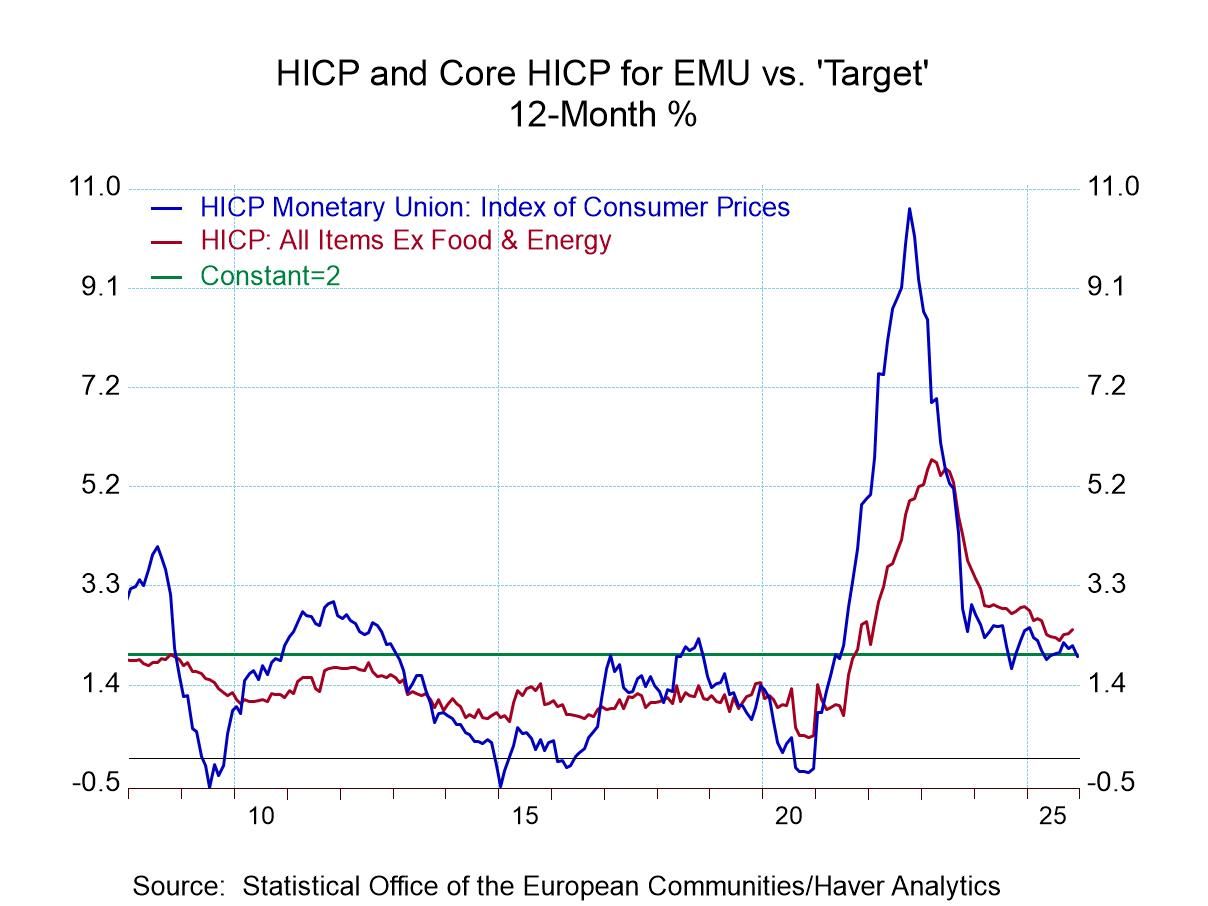
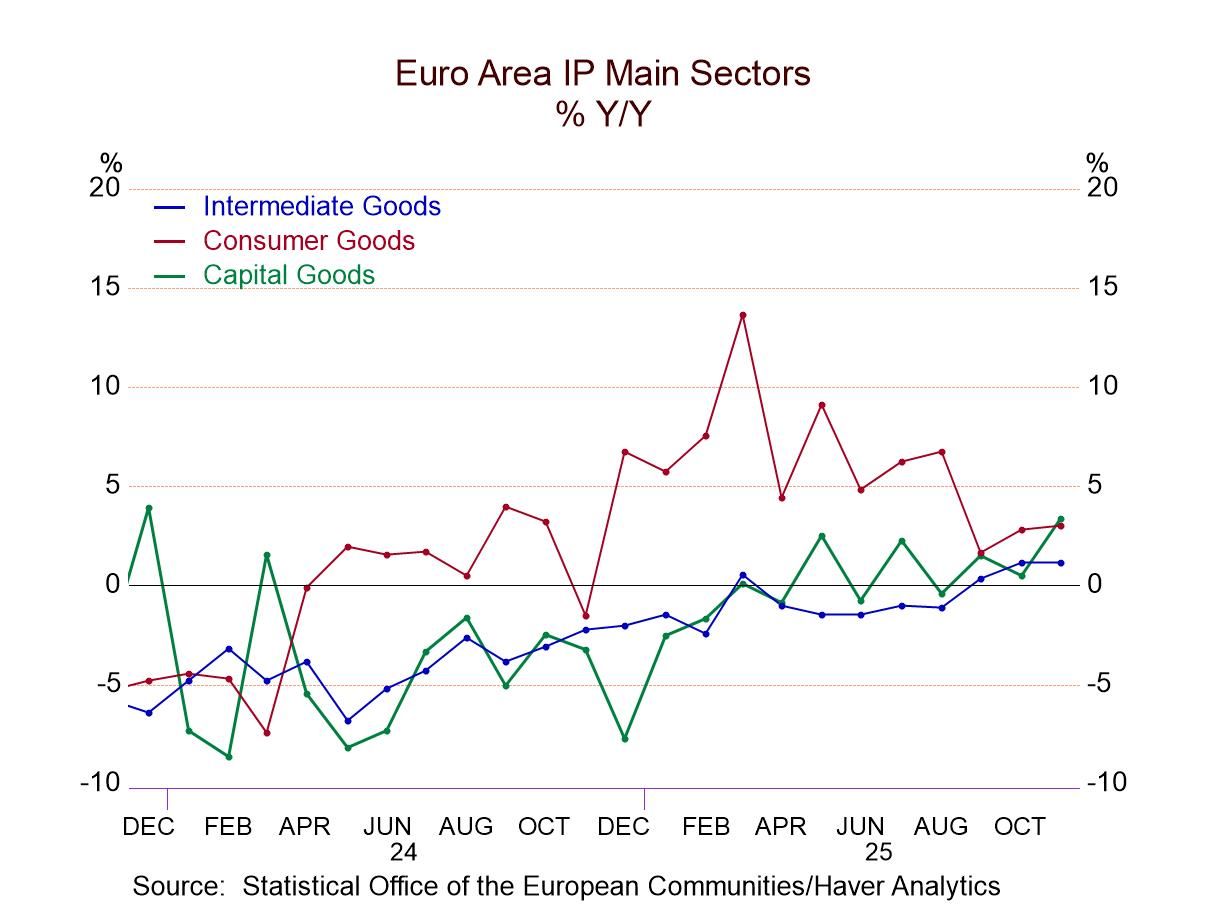
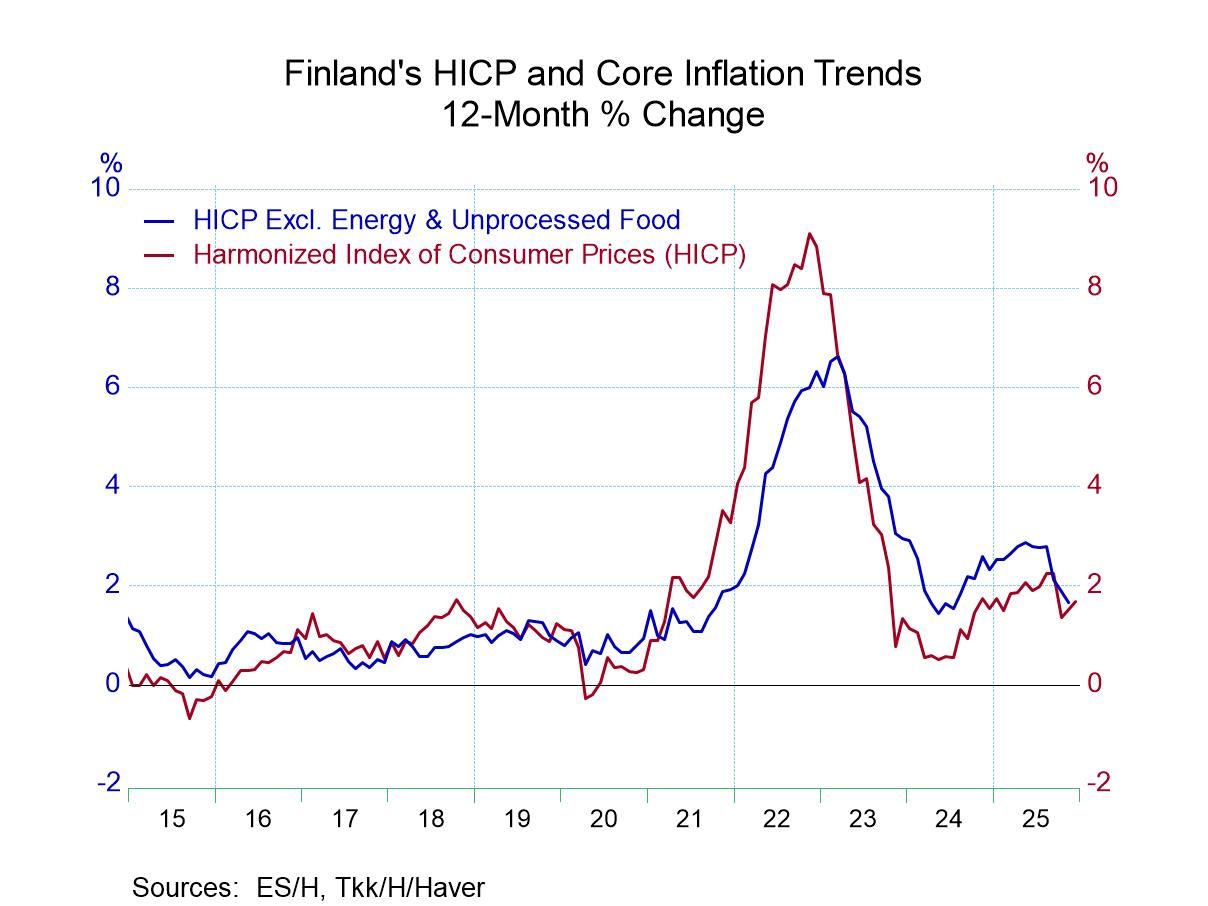
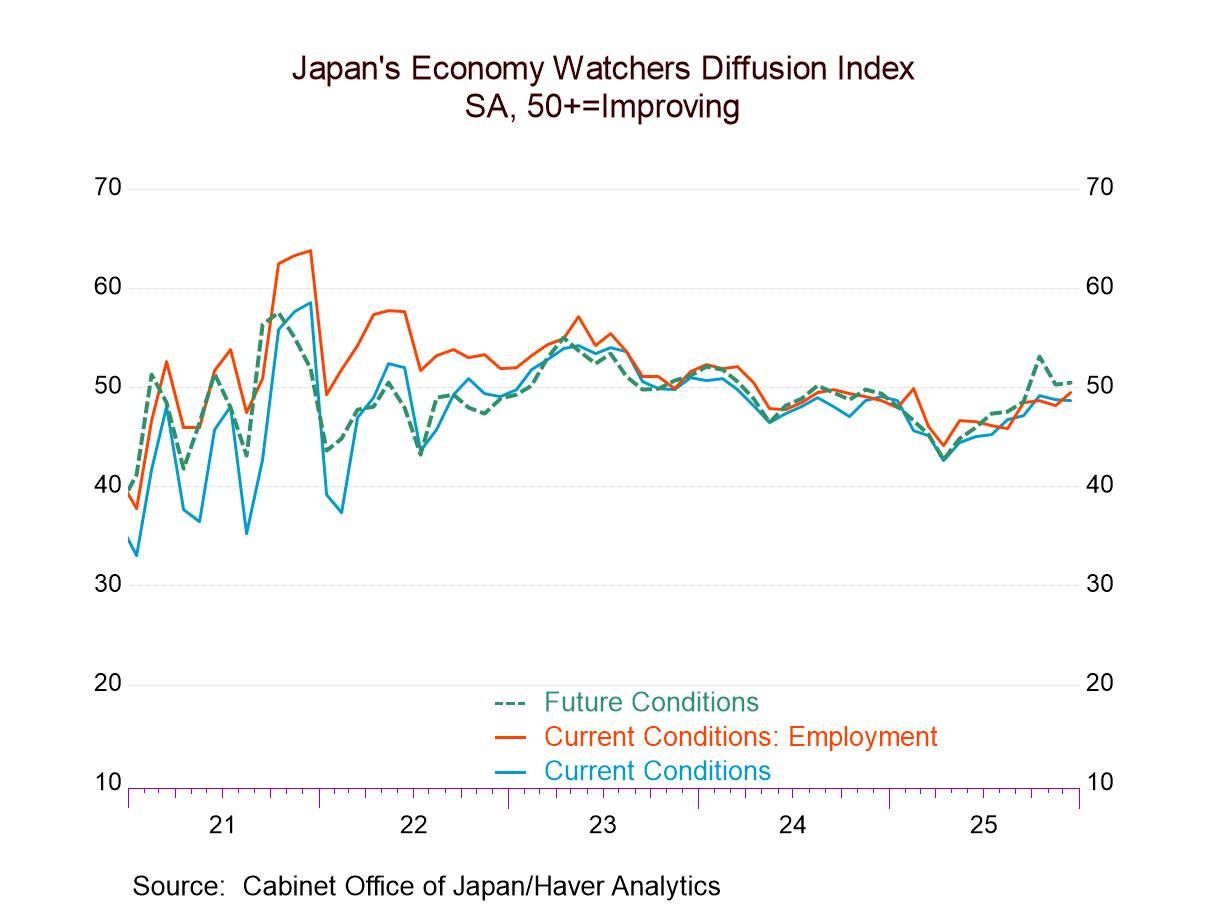
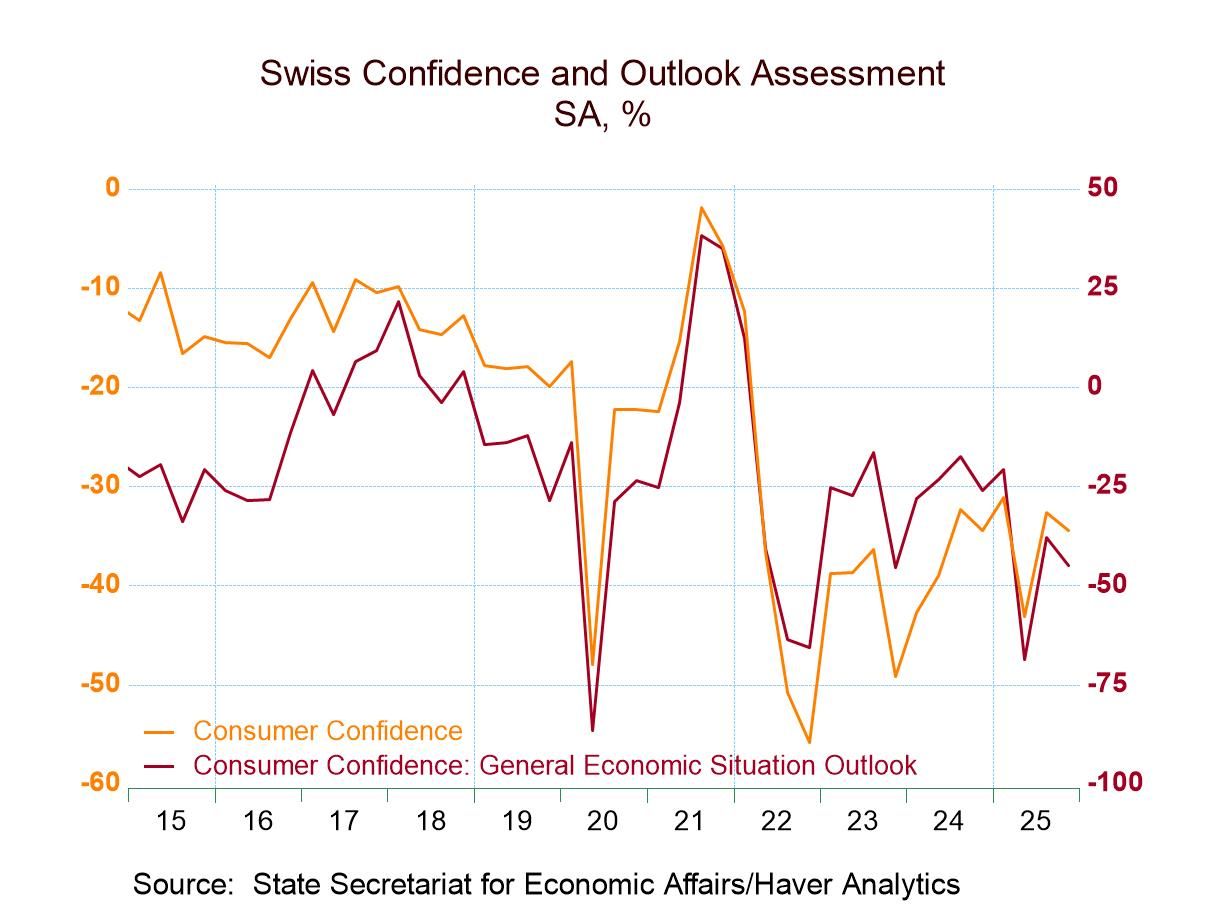
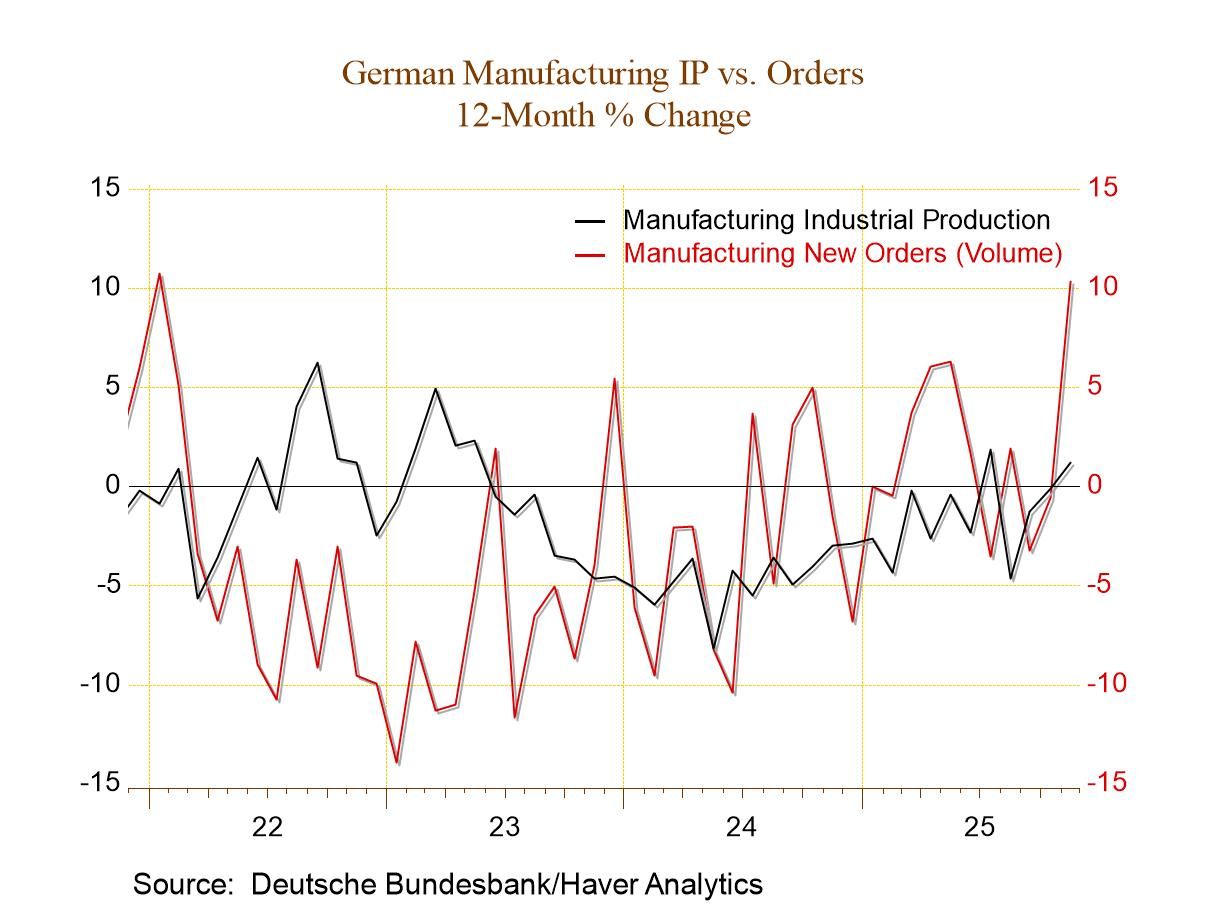
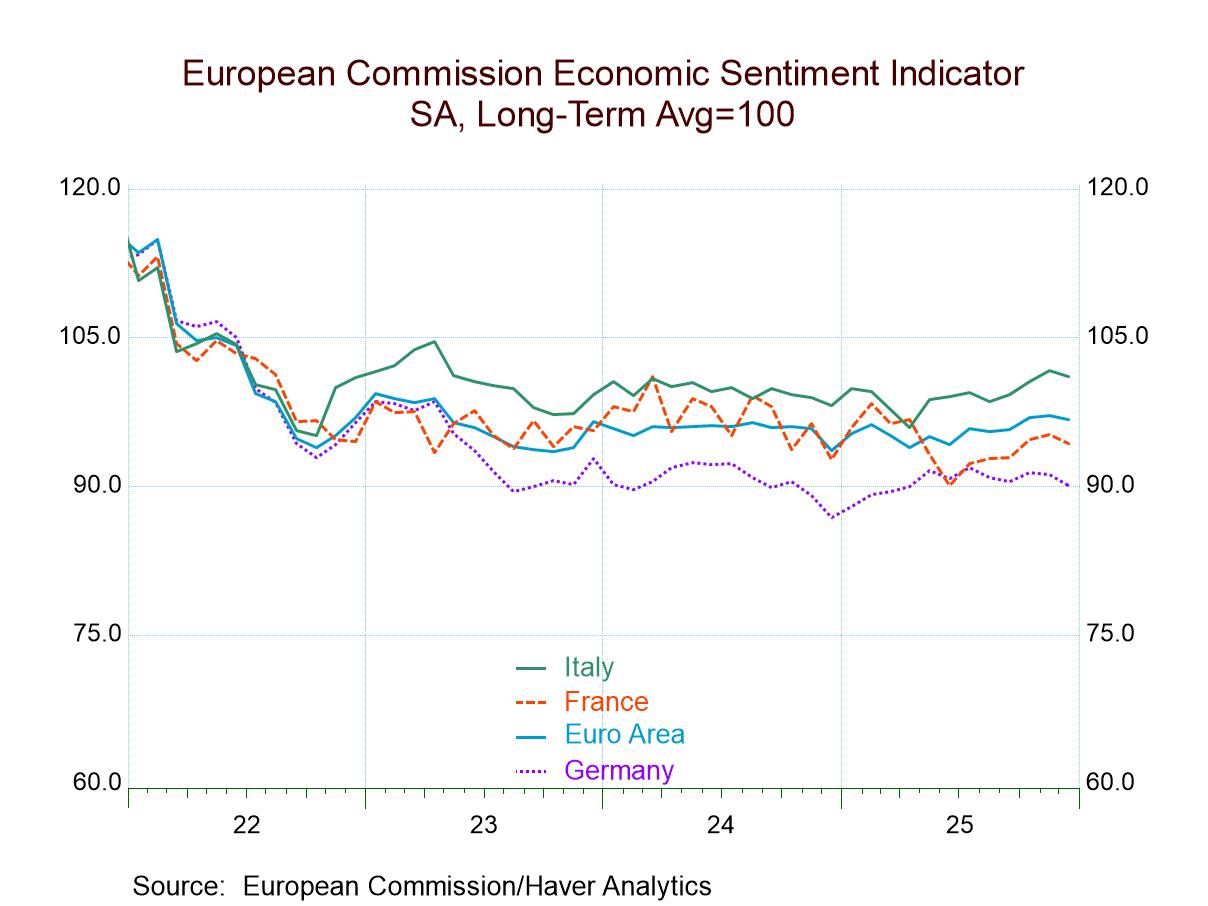
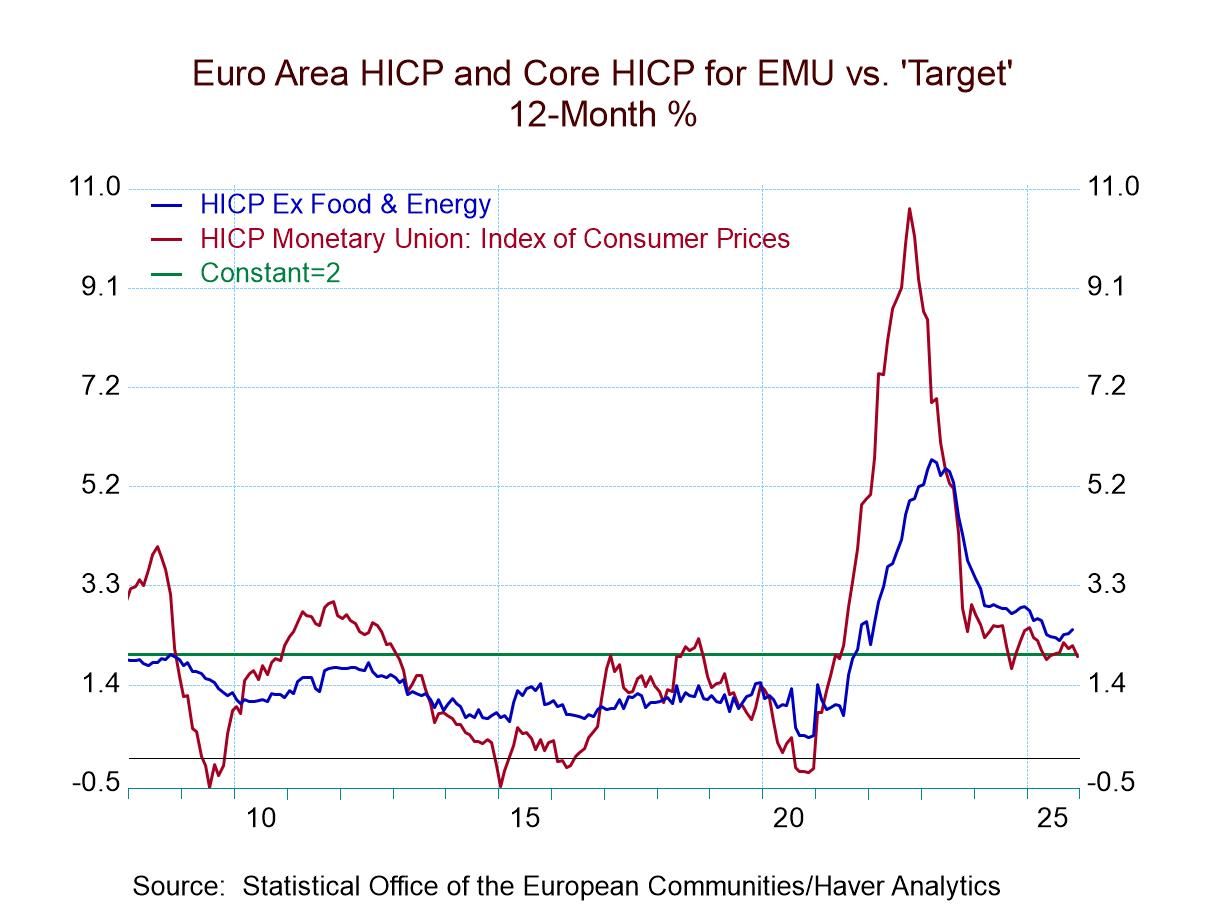
 Global
Global